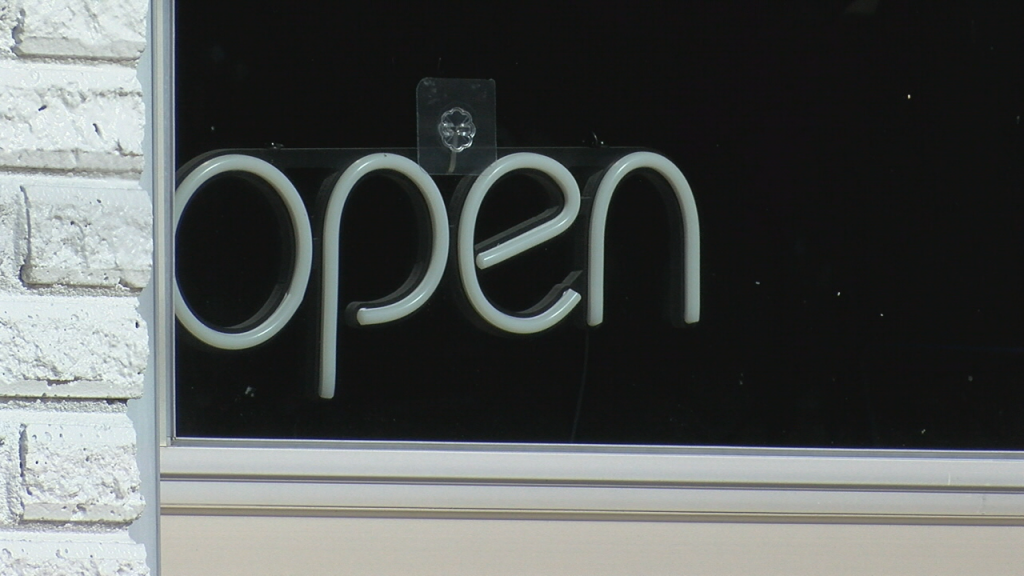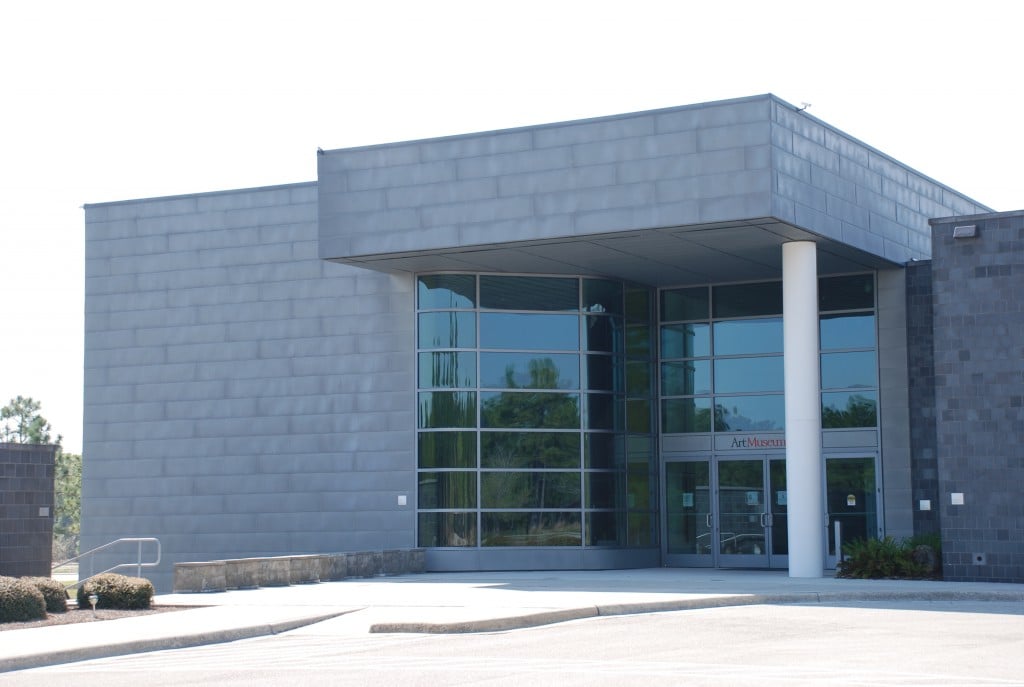People saved more money in 2008
According to the Bureau of Economic Analysis, people saved a lot more money in 2008. For some, putting more money aside became a necessity.
Dick Welch said, “What savings we’ve had have been pretty well attacked with the down slide in the economy.”
Pete Cox, a wealth management advisor with Northwestern Mutual Financial Network, said the easiest way to start saving is by writing down your expenses and seeing where you can cut back on what are called “variable expenses,” such as those trips to Starbucks.
People are also looking to save on groceries. Mr. Welch noted, “I’ve looked at all the papers, I know where to buy my grapes where to buy the tomatoes this week, just being frugal that way.”
Cox said it’s good that people are starting to save more money, but it’s still not enough. “Ten percent should be the minimum, and then based again on these standards of people living longer in this day and time and not having the company pension plans, I would say it’s probably closer to 15 to 20 percent.”
Asian countries prove it can be done. In China and Japan, the average personal savings is more than 25 percent of a person’s salary.
At Northwestern Mutual Financial, they perform a complete financial questionnaire with their clients. It helps them have a better understanding of their financial situation so they know where their clients can save money.
Cox said it helps to teach kids to start saving at a young age. A 20-year-old, who saves 100 dollars a month with a 10 percent return, could have a million dollars in the bank when they’re ready to retire.
Rodney Delves tried to teach his grandson about saving with a piggy bank. “He’s conditioned now to every bit of income that he gets, whoever gives it to him, he puts 10 percent in the piggy bank and understands that he’s not to spend it until retirement.”
If you are looking for new investment options, Cox said it’s safer to invest in things like electric companies because they provide a service that people won’t go without, even in a bad economy.





Leave a Reply